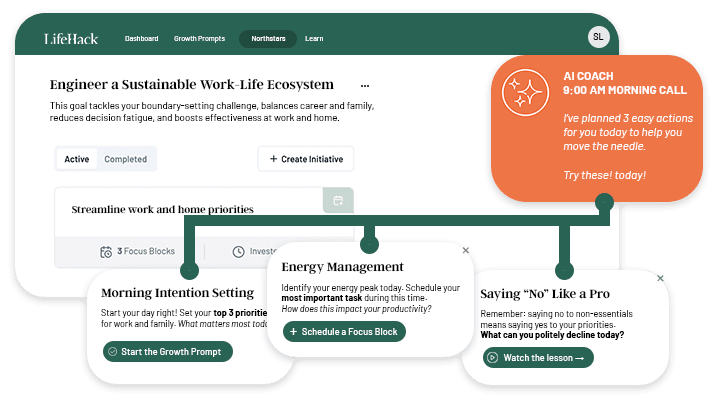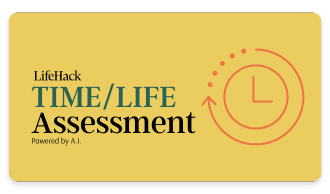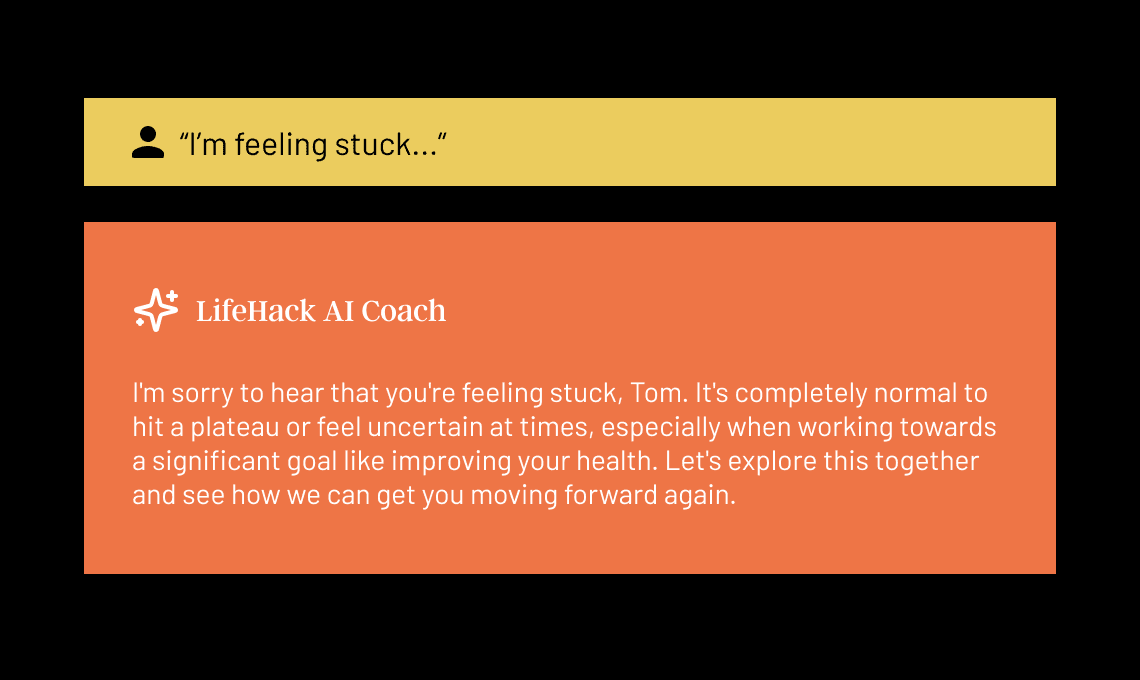Sitting down at my desk today, all was doom and gloom. I find out that my childhood hero, Robin Williams, had committed suicide. I then read on to find out yet another lady had hung herself in a festival toilet, then, finally, one story that really struck me as most disturbing, a lady taking her own life because of financial pressures.
Here we have two very different ends of the spectrum. On the one hand we have Robin Williams, estimated net worth of US$50,000,000, then on the other hand, a lady who lived in a three-bedroom house in the UK who couldn’t cope and took her own life after government changes in her benefits meant she lost £20 per week (US$33).
These stories left me totally dumbfounded and provoked me to thinking about how money, no matter how much or how little you have, essentially can either make or fundamentally break people.
Money can’t buy happiness.
Robin Williams, although rich he was, had suffered with depression for many years, adding a truthful tone to the statement, “Money can’t buy happiness.” Yet a feeling seems to resonate of, “But it can save someone from taking their own life if they are in financial turmoil.”
As the economy struggles to revive and as jobs become sparser, how many more of these incidents are we going to see? I myself feel privileged to be that ‘middle class’ citizen, with the luck of being able to afford some nice things here and there – luxury items, things I probably don’t (in fact, definitely don’t) need. Yet today, I really can’t help but think about people who are less fortunate, people actually willing to take their own life because of financial difficulty.
$17 trillion in debt and, it’s still growing.
I know it’s not a new concept, people have taken their lives over financial troubles numerous times in the past, but then the question to ponder would be, is it going to get worse? Let’s turn our attention to the US economy, which currently has debts of over $17 trillion dollars. That number, to me, is incomprehensible and probably is to many others. I’ll put that into context: if the US were to pay back a dollar per second, their debt would take 184,000 years to pay off – and the scary thing is it’s growing and it’s not slowing down.
Job hunting is becoming futile.
This has meant though, that the ‘good’ jobs are now being moved overseas, meaning that Americans are fighting for jobs and the same can be said for the UK. The impact of the ‘good’ jobs being outsourced overseas, of course, is that the ever increasing costs and overheads for the average American and Brit are becoming more and more daunting because the jobs aren’t there. So could this mean we see a dramatically increased rate of ‘financial crisis suicides’?
Alarming statistics not ringing a bell?
The answer to my question, horrifyingly, is yes, we will see an increased rate. In fact, it’s already happened. After a little research I had found that during the recession from 2008–2010, 10,000 people took their own lives in Europe and North America. Research published by the British Journal of Psychiatry shows that suicide rates rose significantly after the 2007 financial crash. Suicide rates that have been financially motivated have risen 6.5% in Europe and 4.5% in America, which is just a colossal increase if you do the number crunching.
With job loss, home repossessions and generalized debt, shouldn’t we be looking at more effective programs for people in financial turmoil? In the UK, even prescriptions of anti-depressant drugs soared by 19% during the period of 2007–2010; again, an exponential rise that should have sent off huge alarm bells to the big bods in the government.
I have searched for programs that can help and they are genuinely few and far between. Those that have used some type of program have reviewed them as being ‘a way to fob them off.’ Definitely not the answer to ease the ever increasing number of financially motivated suicides.
The reality is …
Sadly, the answer to the title of this article is yes, money is killing us, and the worst and most thought-provoking of it all is that it is getting worse. Maybe it’s time we acknowledged this fact and started physically giving people the guidance they desperately need to get their lives back on track. We can’t magic jobs out of thin air, but we can definitely lend a helping hand to those who evidently need us.
Ready for a Goal Breakthrough? Unlock Your Personalized Strategy

Experience the power of a strategy tailored just for you.
Our personalized system provides:
- Custom-crafted action steps based on your unique situation
- Insights tailored to your specific challenges and strengths
- A personalized roadmap to turn your goals into reality
Tailored recommendations powered by smart analysis















































